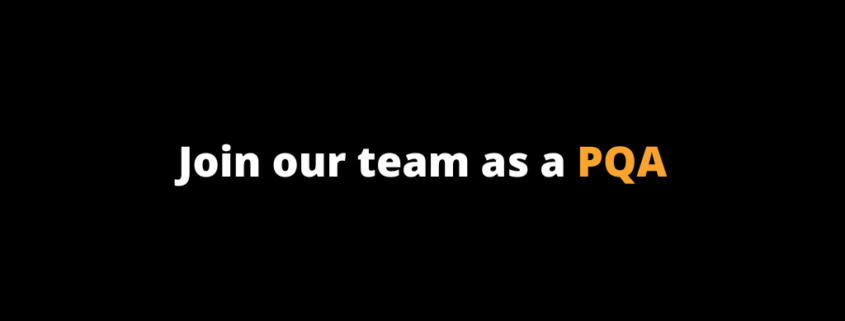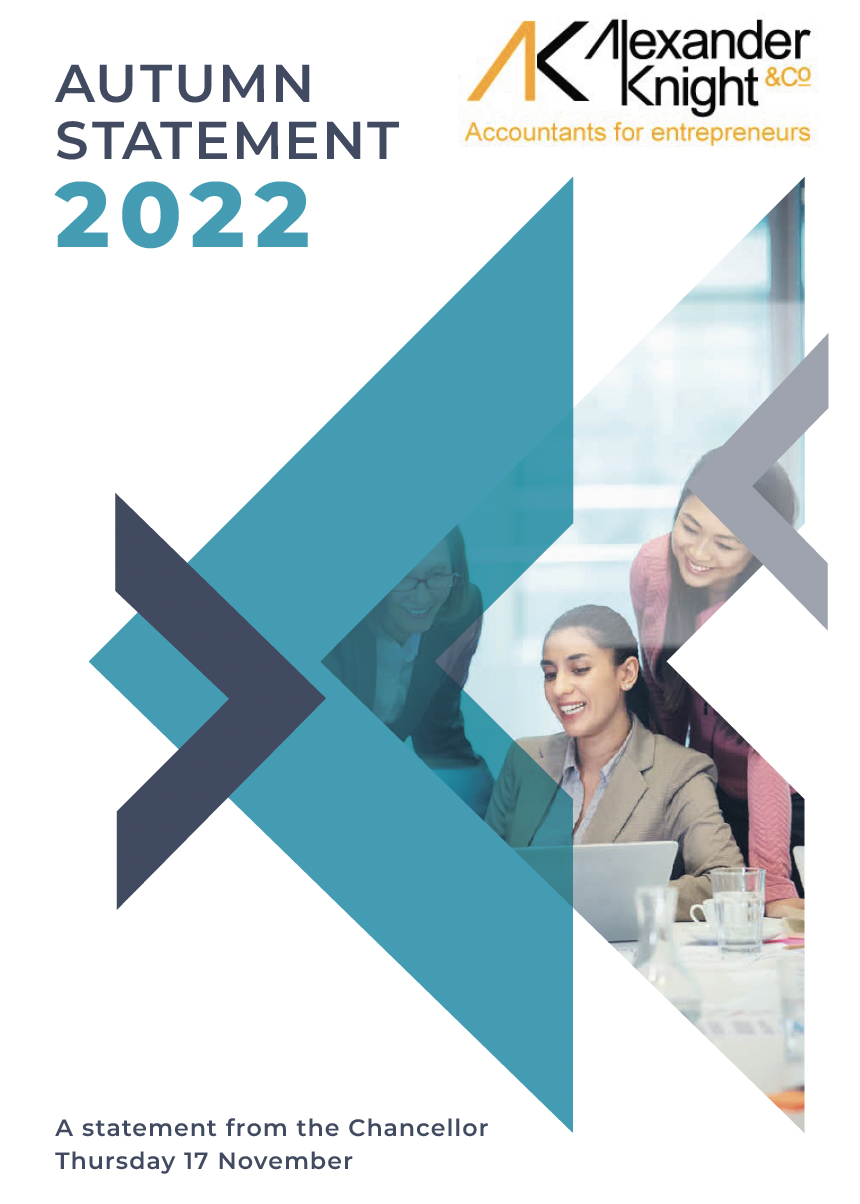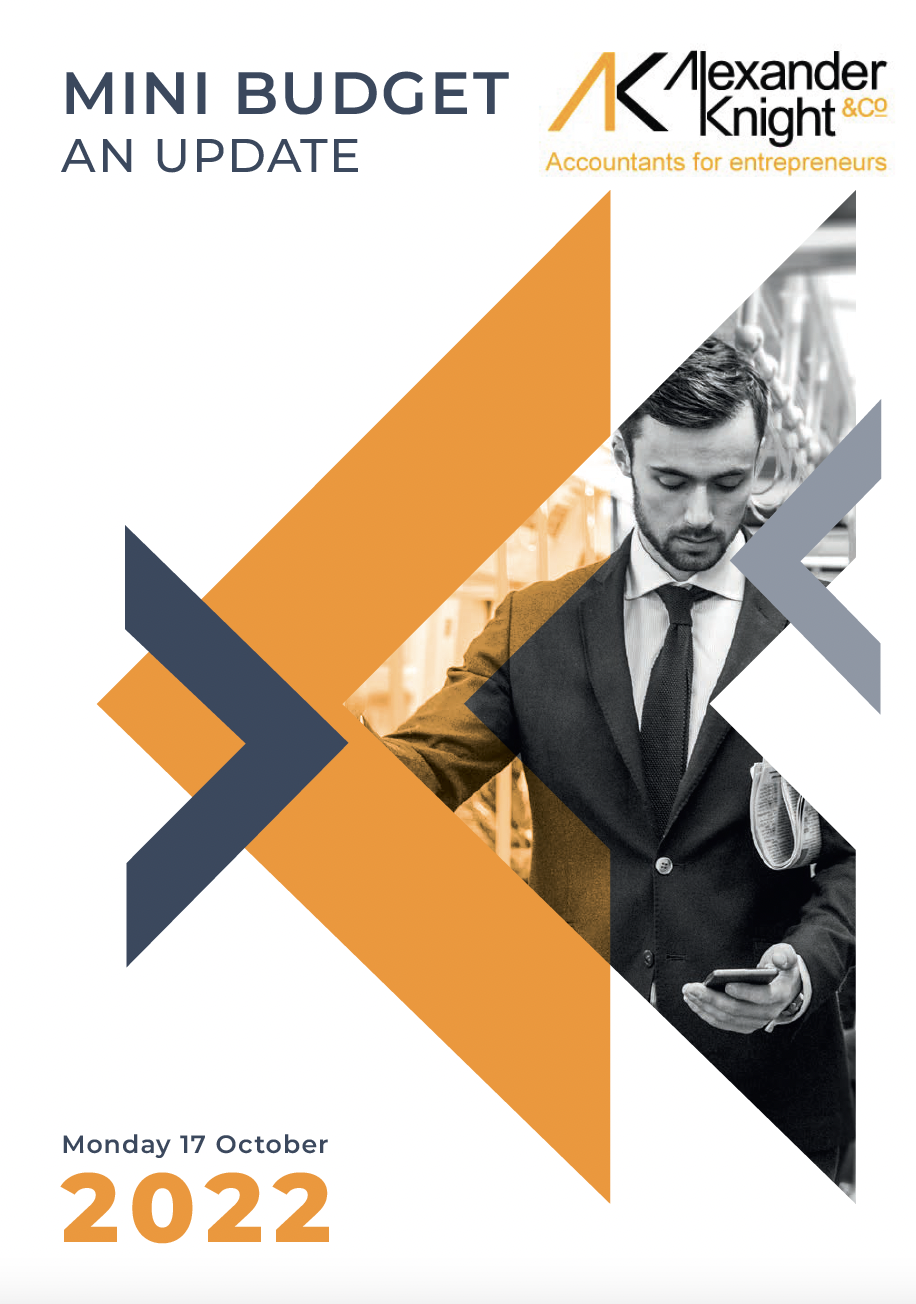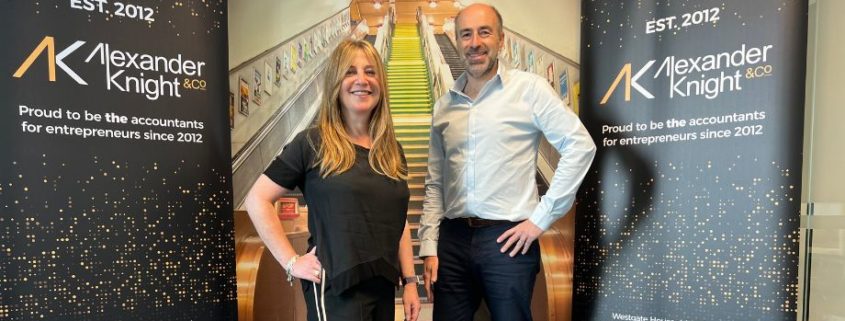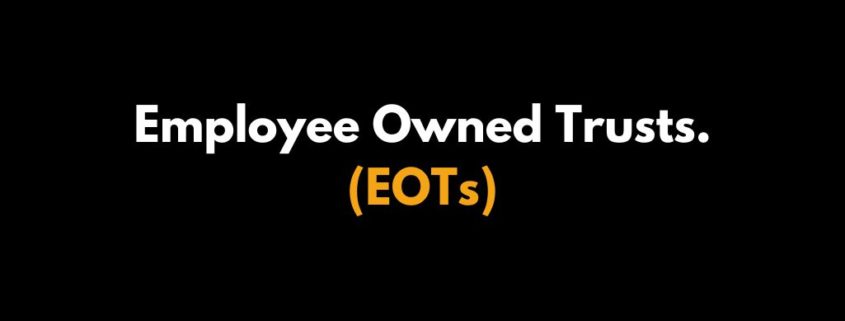If you are a recent graduate looking for a career in accountancy you can apply to join our graduate experience programme.
As well as providing you with the opportunity to add valuable work experience at our leading accountancy practice to your CV, you’ll also gain practical and personal skills in a professional accountancy-based setting and potentially, even get the opportunity to become one of our permanent graduate professionals.
We welcome applications from graduates who meet the minimum criteria (set out below) from the full range of academic disciplines. This scheme is not just designed for people who have accountancy/business/finance qualifications.
We firmly believe that the accountancy firms of the future will have a blended approach to the skills they offer to their clients. We are a diverse employer and welcome applications from graduates from a wide variety of backgrounds.
Our two-week paid graduate internship gives you the opportunity to immerse yourself in the AK&Co culture and offers you the perfect springboard for success as an accountant in 2023.
If you are passionate about pursuing a career in accountancy and you are fascinated by the prospect of working with – and on behalf of – our growing client base of successful entrepreneurs and business leaders – apply now.
MINIMUM REQUIREMENTS
- A 2:1 degree at a UK university
- 3 A-levels (A*-B)
- 9-7 in Maths & English at GCSE level or equivalent
THE 3-STEP APPLICATION PROCESS:
- Review of your CV and a brief covering letter
Please send this to Alison Spier (alison@alexanderknightaccountants.co.uk)
(Only successful candidates will receive a reply)
- An invitation to a meeting to discuss your career aspirations
- Acceptance onto our Graduate Internship.
A date will be arranged for you to join us for two weeks.
Disclaimer
Alexander Knight & Co is an equal opportunities employer and no terminology in this advert is intended to discriminate on the grounds of a person’s gender, marital status, race, religion, colour, age, disability or sexual orientation.
All candidates will only be assessed in accordance with their merits, qualifications and abilities to perform the role expected. Only successful applicants will be invited to the next stage consisting of an interview and assessment.




